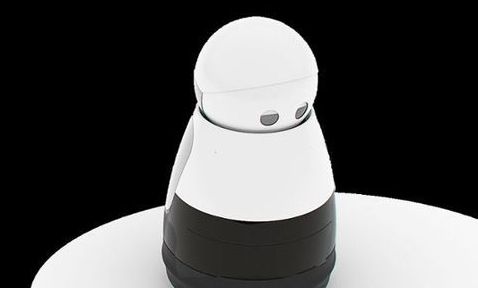It is our common responsibility and interest to disseminate openly and honestly not only our success but also our failures. Together, we can realize our dreams for numerous robotic applications and devise a realistic plan to develop them.
The problem, as Giulio Sandini put it, occurs when one sells (or buys) intentions as results. Overselling is a dangerous strategy that can be counterproductive, even for the whole robotics community. Both companies and researchers publish videos of robots doing tasks, but sometimes they fail to point out the limitations of the technology or that those results were achieved in lab conditions. This makes it much more difficult to explain to non-roboticist industry executives the difference between creating a one-off demo and creating a real product that works reliably.
Deep learning, for example, is at the forefront of the AI revolution, but it is too often viewed as the magic train carrying us into the world of technological wonders. AI researchers are warning about overexcitement and that the next AI winter is coming.
The first cracks are already visible, as is the case of the promises claimed for self-driving cars. Rodney Brooks, founder of Rethink Robotics, regularly writes relevant essays on this topic on his blog. Robot ethics professor Noel Sharkey wrote an article in Forbes titled “Mama Mia It’s Sophia: A Show Robot or Dangerous Platform to Mislead?” Tony Belpaeme, a social robot researcher from the University of Ghent, replied with a tweet, “I had [a European Union] project reviewer express disappointment in our slow research progress, as the Sophia bot clearly showed that the technical challenges we were still struggling with were solved.”









Comments are closed.